Our Team
As an organization, MGGG operates on multiple scales. We have a core group in the Boston area and a larger group of active contributors working with us on various projects.
Core Team
-
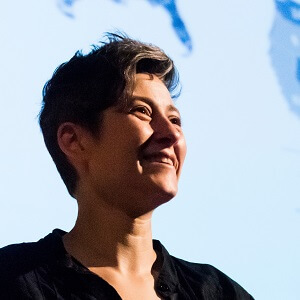
-
Moon Duchin (mduchin@mggg.org) founded MGGG at Tufts University in 2016 to focus mathematical attention on redistricting. Her areas of mathematical expertise are in geometry, topology, and dynamical systems. At the University of Chicago, she is a professor of data science and computer science.
-

-
Dylan Halpern works as a software engineer at the Data Science Institute at the University of Chicago and collaborates with MGGG as a core developer on Districtr. His background is in Urban Planning and Civic Technology (Master in City Planning, MIT) and visual communication (BFA, VCU), and his research interests are urban and regional analytics, democratized and low-cost civic technologies, and geospatial data viz.
-

-
Hane Lee (hane@mggg.org) is a postdoc in the lab. They received their PhD from Columbia University, where they studied statistical methods for political science. Hane’s research interests lie in the intersection of race, politics, and quantitative methodology.
-
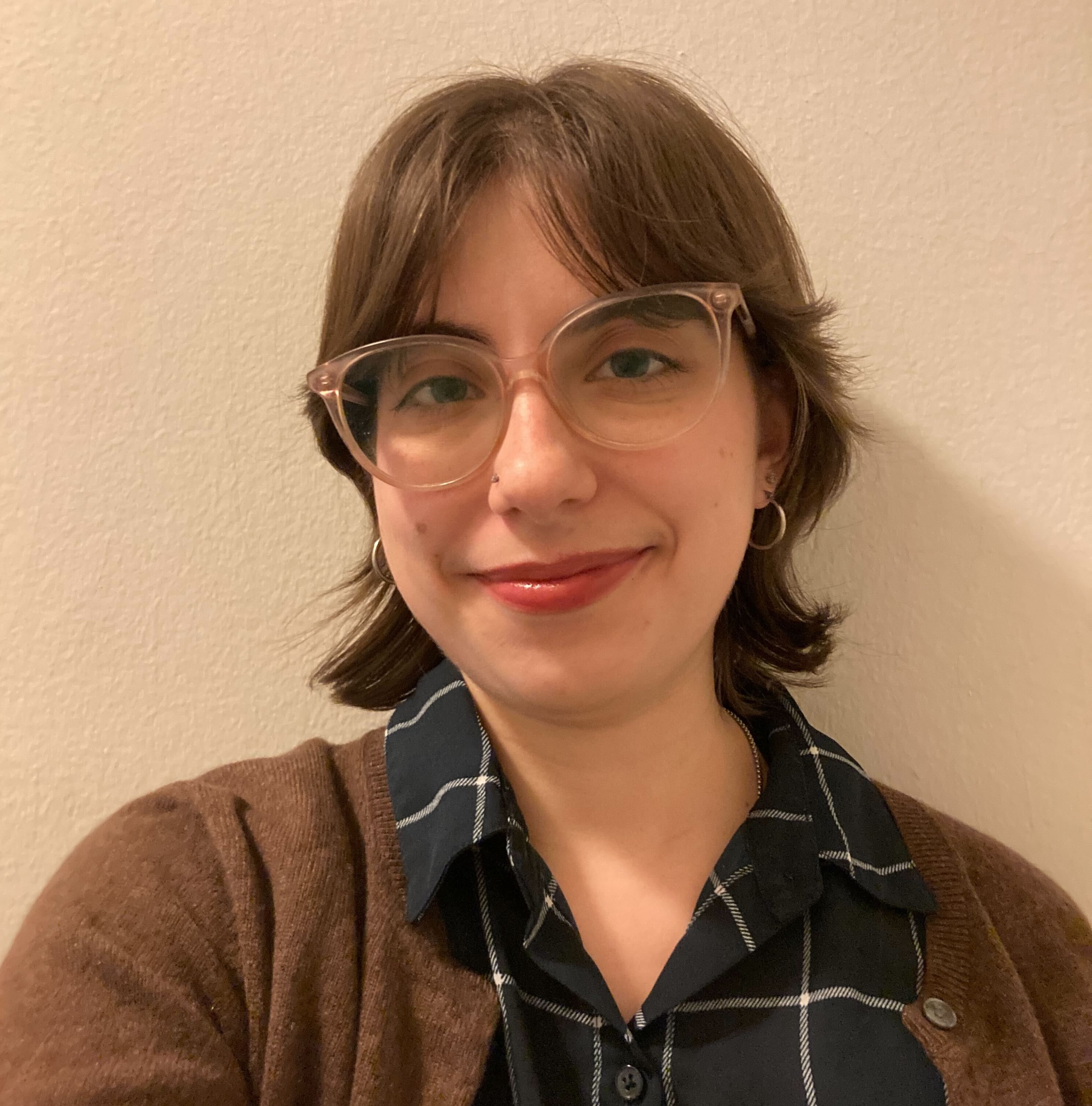
-
Raina Okonogi-Neth (she/her) is a math PhD student at Cornell University. She is interested in the mathematics of redistricting, Markov chains, and math and science communication. In her spare time, she enjoys participating in mathematical outreach, cooking, and watching movies.
-
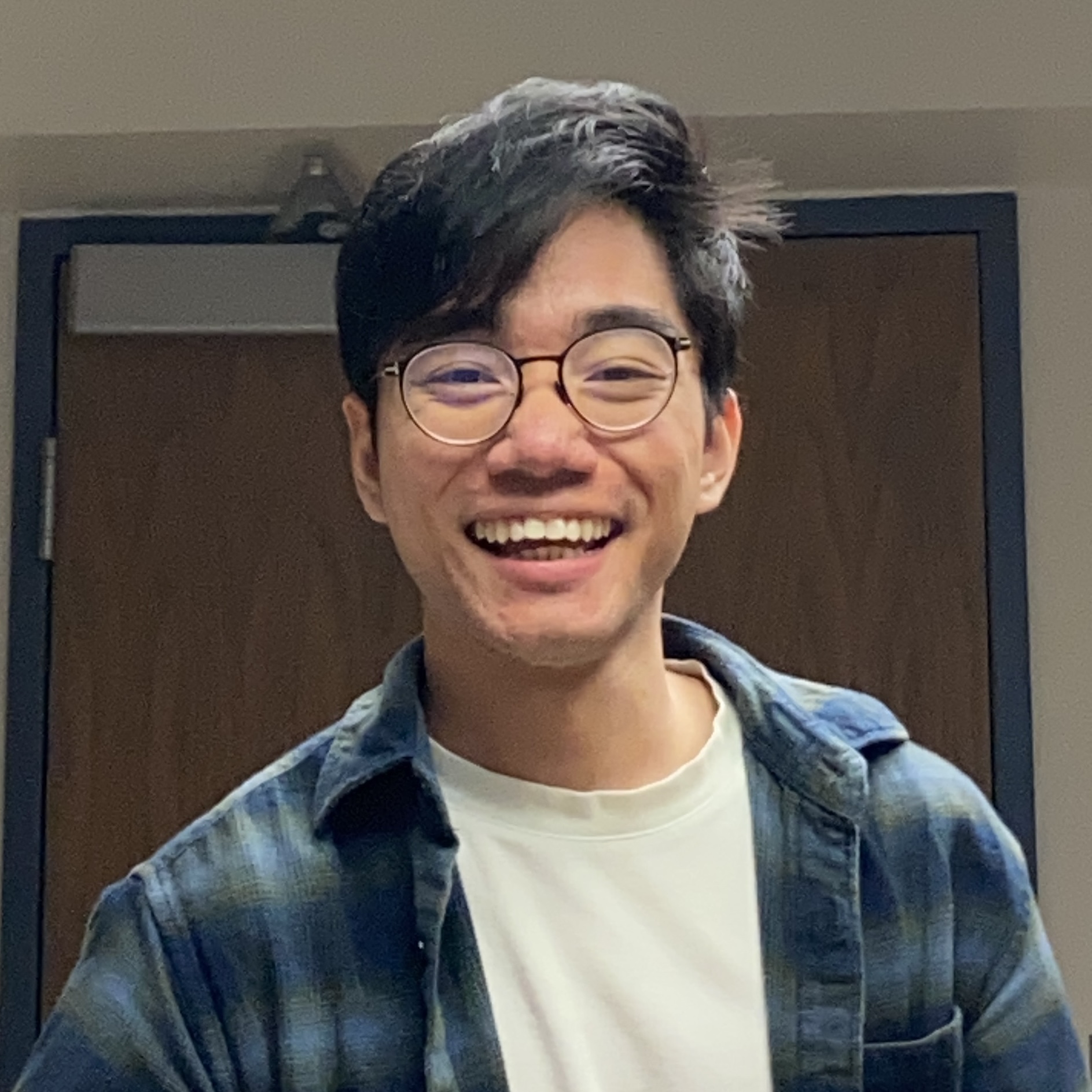
-
Phousawanh Peaungvongpakdy (he/him) is currently a Math PhD student at Washington State University, where he broadly researches mathematical and computational democracy. He has worked on parallel tempered optimization schemes for redistricting maps and election forecasting. In his free time, he enjoys baking bread and pastries.
-

-
Peter Rock (peter@mggg.org) graduated from the University of Colorado Boulder where he studied discrete differential geometry, at the intersection of computer science and differential geometry. Currently, he works for the lab as a research scientist, and is interested in computational geometry, graph algorithms, and applications to redistricting. Peter manages research code for the lab.
-

-
Shubham Singh is currently a PhD candidate at the University of Illinois Chicago, where he applies machine-learning and mathematical models to the challenges of operationalizing efficiency and fairness in socio-technical systems. He’ll soon join the lab as a postdoc. His research interests are in computational social science, responsible machine learning, and AI evaluations.
-
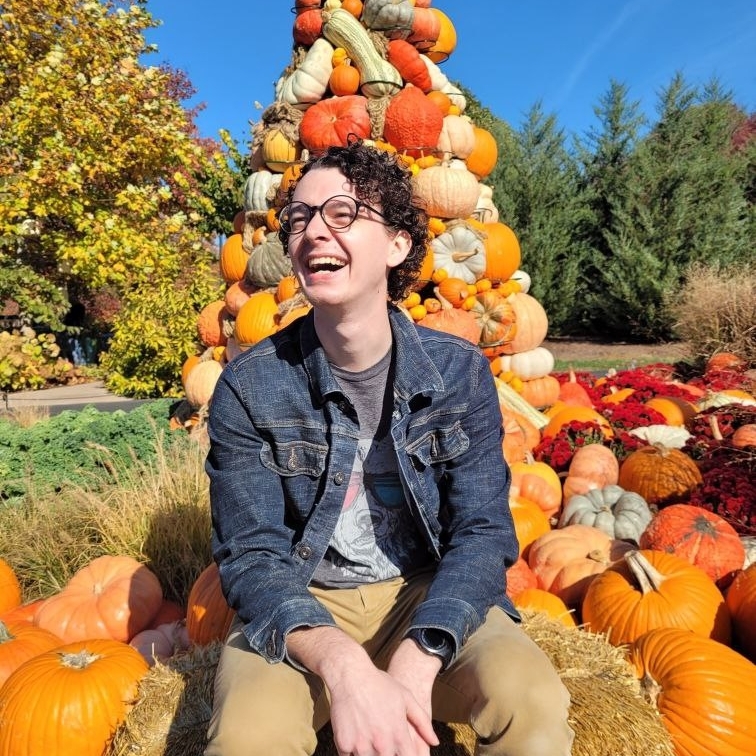
-
Brantley Vose is a math PhD student at The Ohio State University. He studies mathematical data science, specifically geometric methods like enforcement and detection of symmetry. In his free time he enjoys bouldering and playing his ukulele.
Key Collaborators, Past and Present
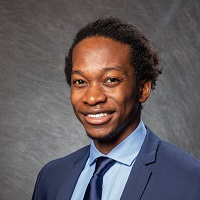
Hakeem Angulu worked with MGGG through the Radcliffe Research Program in 2018, focusing on algorithms and computer experiments, and later wrote his senior thesis at Harvard on a Discrete Voter Model for estimating racial polarization, advised by Moon and Thomas. They are now collaborating to extend the model and publish the results.

Jamie Atlas was a project manager at MGGG in 2021 where he worked on our full range of research and software projects. He is interested in graph and network theory, and their applications to computational social science. His favorite state shape is West Virginia.

Amy Becker worked as a data scientist with MGGG from 2019-21 on areas relevant to her interests in algorithm design, combinatorial optimization, and computing for social change. Before joining the group, Amy earned a PhD in Computer Science from Brown University, specializing in graph algorithms.

Mira Bernstein is an educator and data scientist who helped launch MGGG and was an active member and major collaborator in 2016-17.

Talia Blum is a recent graduate of MIT, now starting a math PhD program at Stanford. At MGGG, she has worked on research and software projects. She is interested in civically engaging applications of geometry, topology, algorithms, and art.
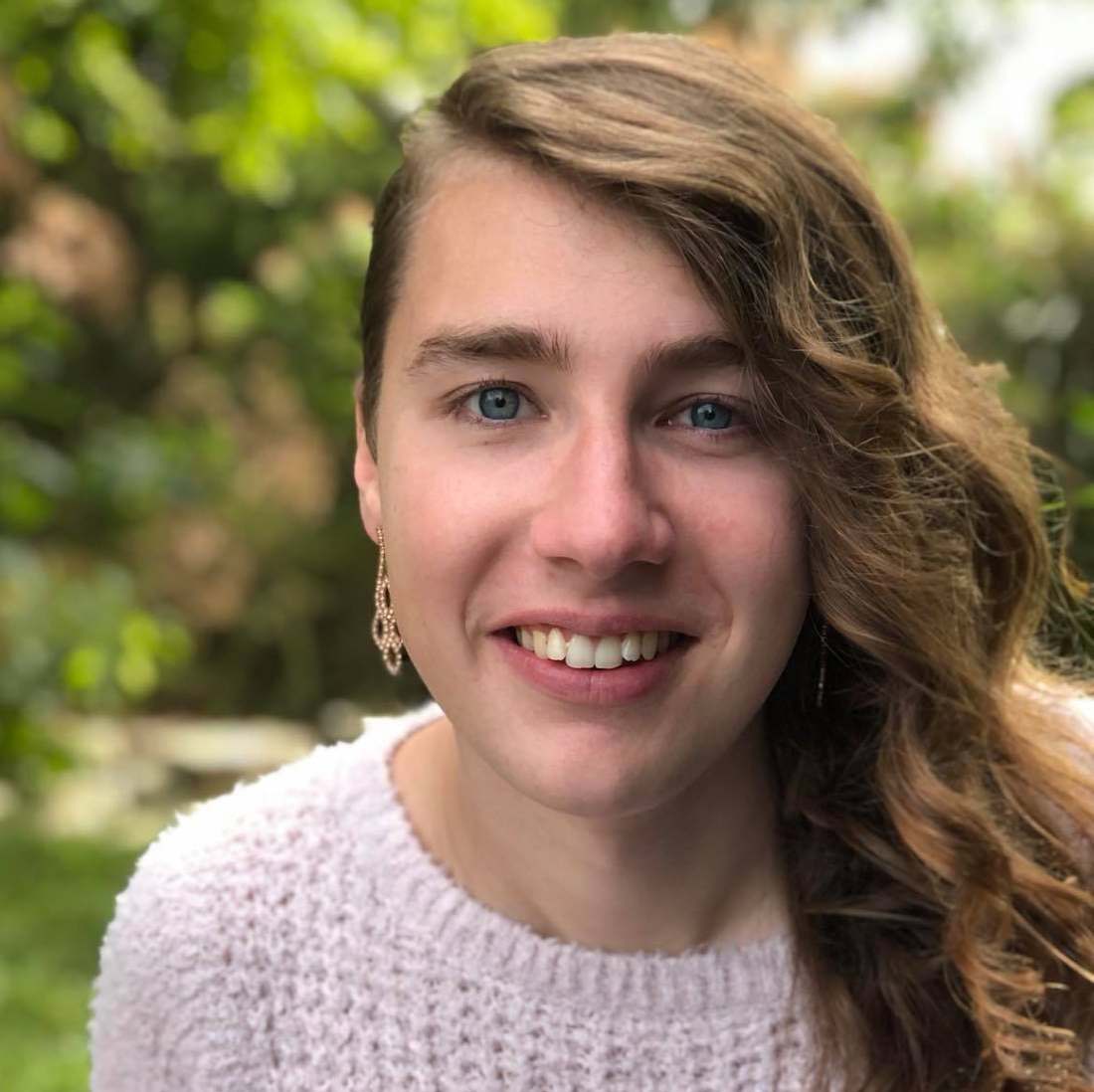
Hazel Brenner (she/they) is a PhD Candidate at Cornell University where she studies geometric and low-dimensional topology. At MGGG they are primarily interested in applying tools from topological data analysis to understand how demographic and economic variables affect voting patterns.
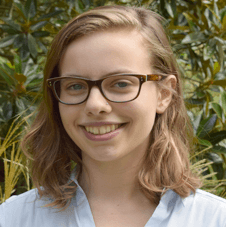
Ruth Buck was MGGG’s lead Geographer from 2018-20, focusing on GIS (geographic information systems), cartography, and political and demographic data. She is currently studying for a PhD in geography at Penn State University.
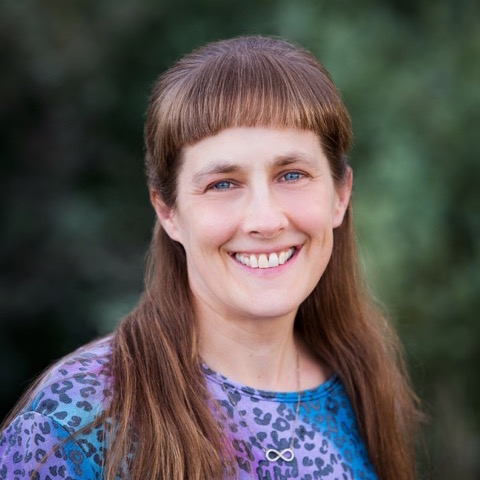
Jeanne Clelland is a math professor at the University of Colorado, Boulder. Her research uses techniques from differential geometry to study problems in differential equations.
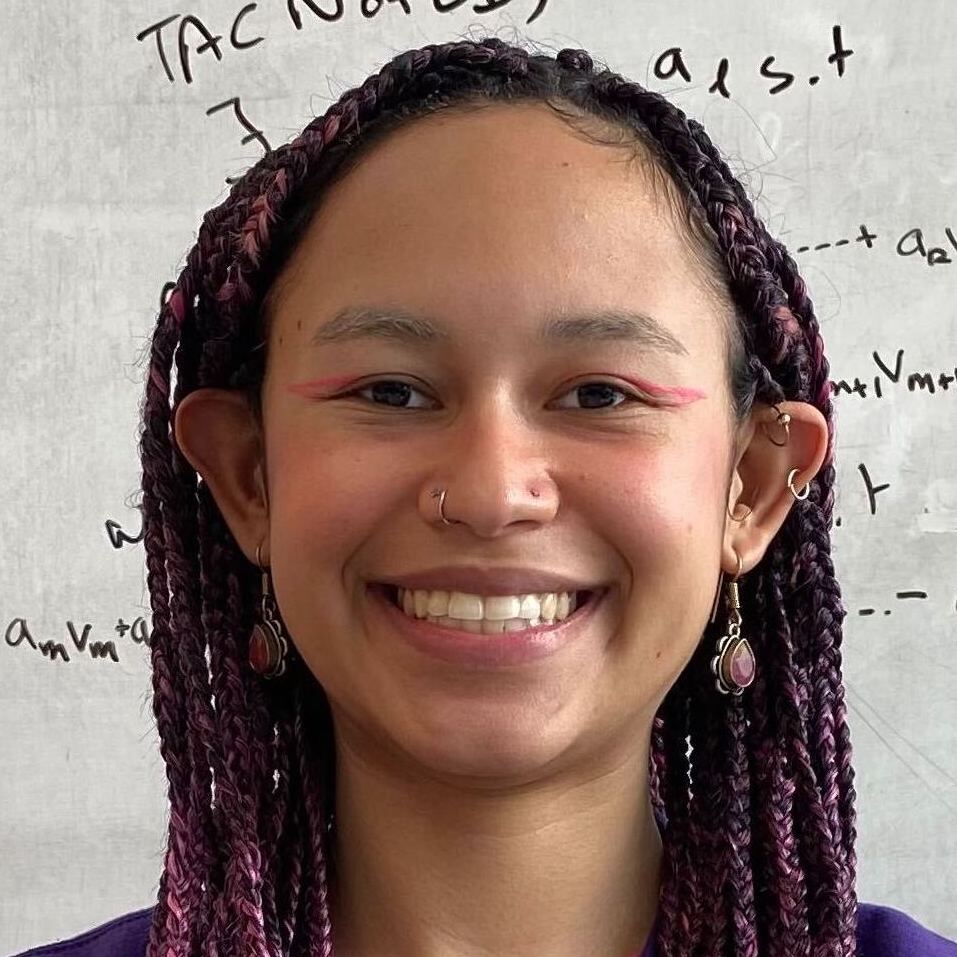
Emarie Rose De La Nuez (They/Them/Theirs) is a graduate student in applied mathematics at Tufts University. Prior to Tufts, they received a Bachelor of Arts in Africana Studies at Oberlin College. They are interested in statistical analysis, computational social justice, and origami.
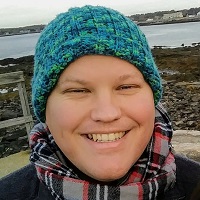
Daryl DeFord was a postdoc in the group through Justin Solomon’s lab at MIT, bringing his research interests in complex networks and the mathematics of social data to numerous projects. He is an assistant professor in the Department of Mathematics and Statistics at Washington State University.
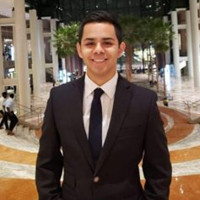
Luis Delgadillo is a native of El Paso, Texas, and a recent graduate from Cornell University, where he studied Government, Spanish, and Latin American Studies. He joined the Lab as an Outreach Coordinator, overseeing our training activities and organizational partnerships.
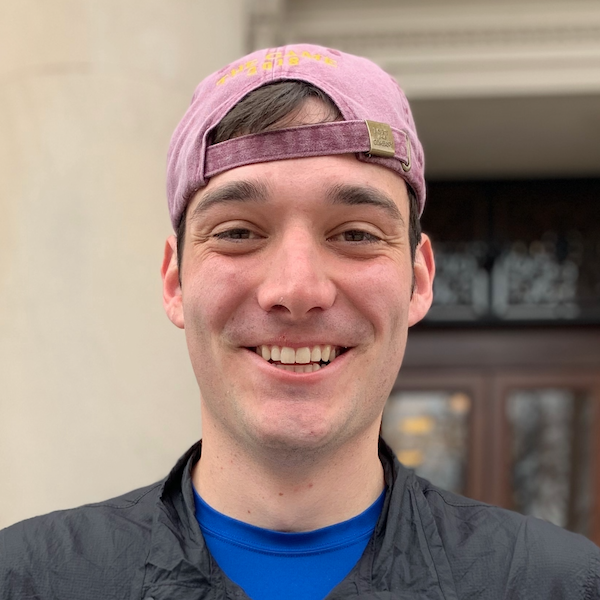
Jack Deschler was a developer on the Districtr team at MGGG in 2021. He graduated from Harvard with a degree in Computer Science and Government before doing voter protection work during the 2020 Presidential campaign. He is studying at Harvard Law School.
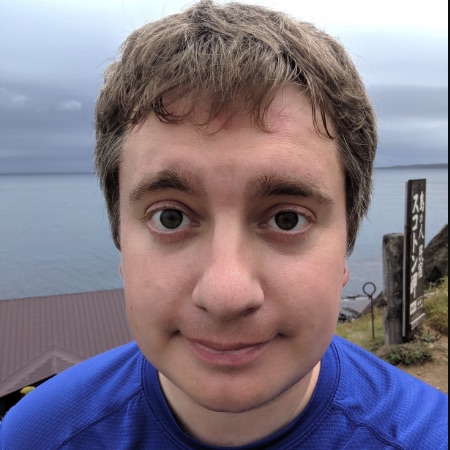
Nick Doiron was a software engineer on MGGG’s Districtr project from 2019-21. His past work in the open data space includes i18n/l10n for OpenStreetMap, and interactive maps for Code for America, the Asia Foundation in Myanmar, and McKinsey & Company.
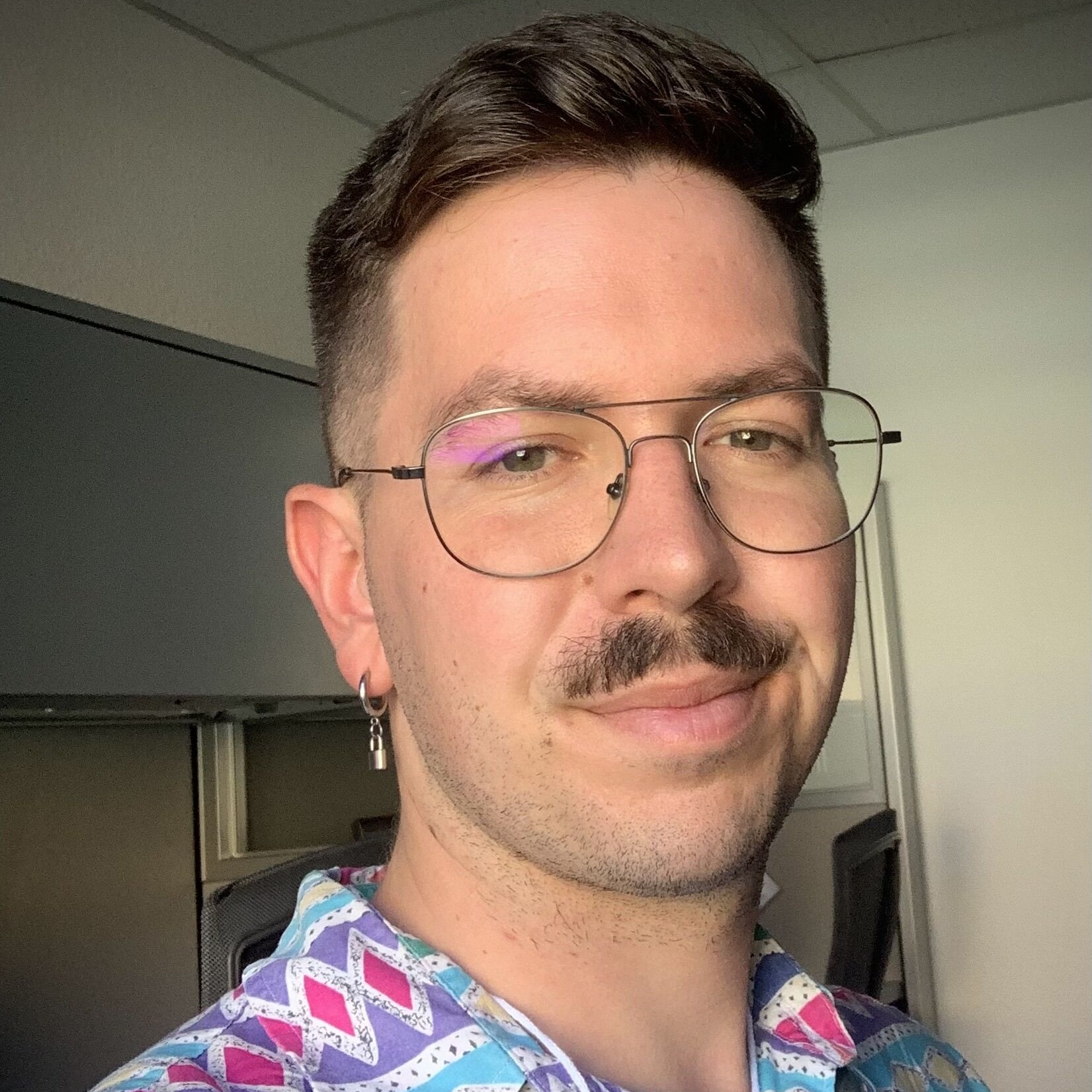
Chris Donnay is our previous lab manager. He got his PhD in mathematics from the Ohio State University. As a former high school math and computer science teacher, Chris is also passionate about pedagogy and science communication. He works on many data analysis projects at the lab and is the principal developer for VoteKit.
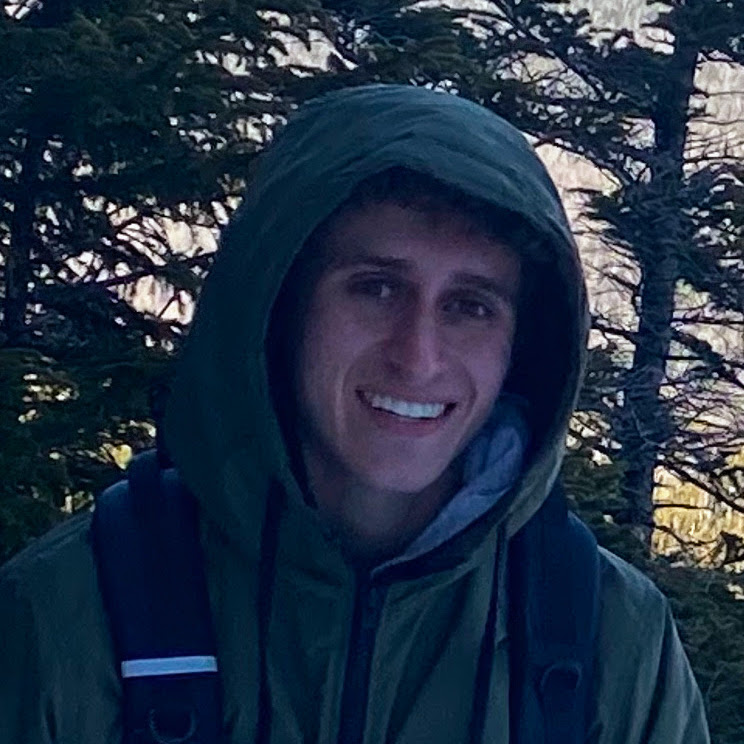
Rory Ehrlich is a senior at Tufts majoring in math (and dabbling in anthropology and philosophy). Last summer, he taught discrete math in an inquiry-based format at MathILy-Er, a math program for high school students. In addition to democracy reform, he is interested in the politics of climate change, wealth redistribution, and freedom from work.

Max Fan is a student at the University of Illinois at Urbana-Champaign interested in computer science and philosophy. He worked with MGGG as a software engineer on a variety of geography/data projects and tools. He is interested in programming language design.

Jack Gibson is a master’s student at the University of Chicago studying computational analysis and public policy. Before returning to school, he was a public policy analyst at National Journal where he conducted research and advised clients in the government contracting space. He is interested in civic tech, healthcare policy, and digital government services.

Dara Gold worked as a data scientist in the Lab in 2019-21. She holds a PhD in Math at Boston University, and also worked at the RAND Corporation as an Associate Mathematician.

Ryan Gomez specializes in political mapping using QGIS and data engineering using Python and more, bridging between MGGG and the other research labs at Tisch (IDHE and CIRCLE). His engineering background has imparted to him a love of processes and documentation. He draws continual inspiration from the deep culture of his adopted home, New Orleans, and the bayous and beaches of the Gulf Coast.
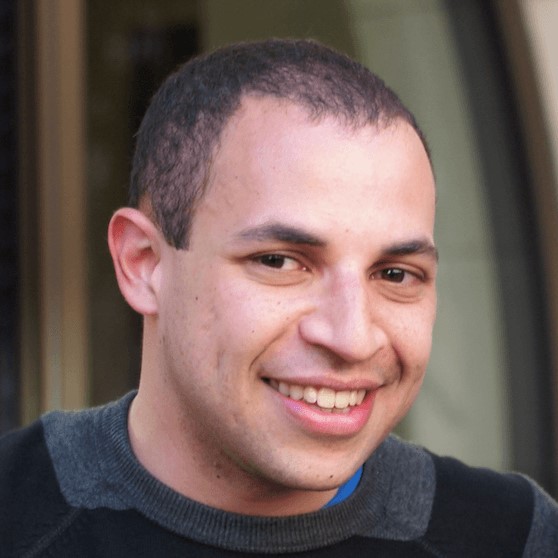
Nestor Guillen is a math professor at Texas State University. He researches analysis and PDE in connection with geometry and physics. and is currently interested in applying optimal transport to analyze geographical data.
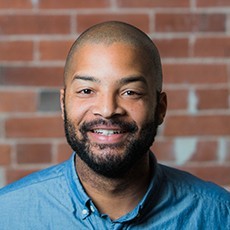
Todd Hendricks has a background in political science and policy and several years of professional experience in data analytics, coupled with an interest in grassroots activism. Todd worked on software development and research projects at MGGG before moving on to the research team at NAACP-LDF.

Rachel Herman studied Urban & Environmental Planning at Tufts with a focus on GIS. A former Tisch Summer Fellow with the Lab, she worked with us on geography, outreach, and administration projects. Rachel is interested in the intersection of data science and civic and humanitarian issues. She completed a Master’s thesis on climate migration and informal settlements in Addis Ababa, Ethiopia and is now a full-time GIS Specialist.

Andrew Hong is an undergraduate at Stanford studying data science. Previously, he was a data analyst for More Equitable Democracy, an MGGG community partner, and led a fair redistricting advocacy coalition during Washington’s 2020 redistricting cycle. He is passionate about using data to understand electoral systems and fight for representation for communities of color.
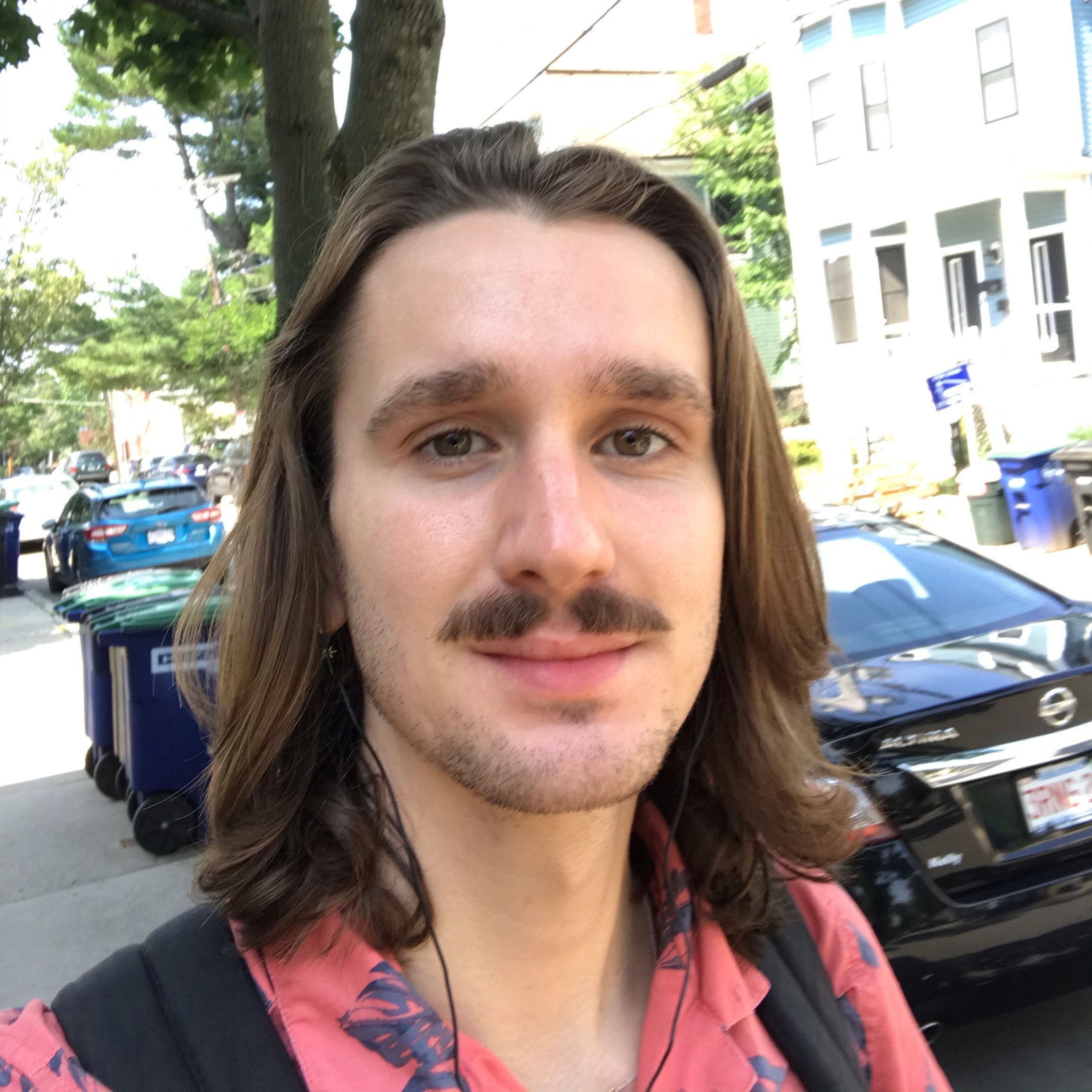
Peter Horvath is a recent graduate of Tufts University, where he studied computer science and political science. At MGGG, he worked on a variety of software, research, and outreach projects. Peter is especially interested in the application of software to advance social justice. After working at the Lab, he moved to a position at Markforge.
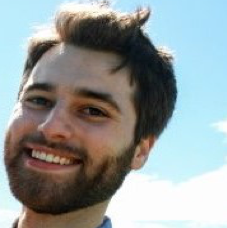
Max Hully was a VRDI participant in 2018 and worked as the MGGG Software Developer in 2018-19, taking the lead on the initiation and development of our Districtr webtool and a range of open-source projects.
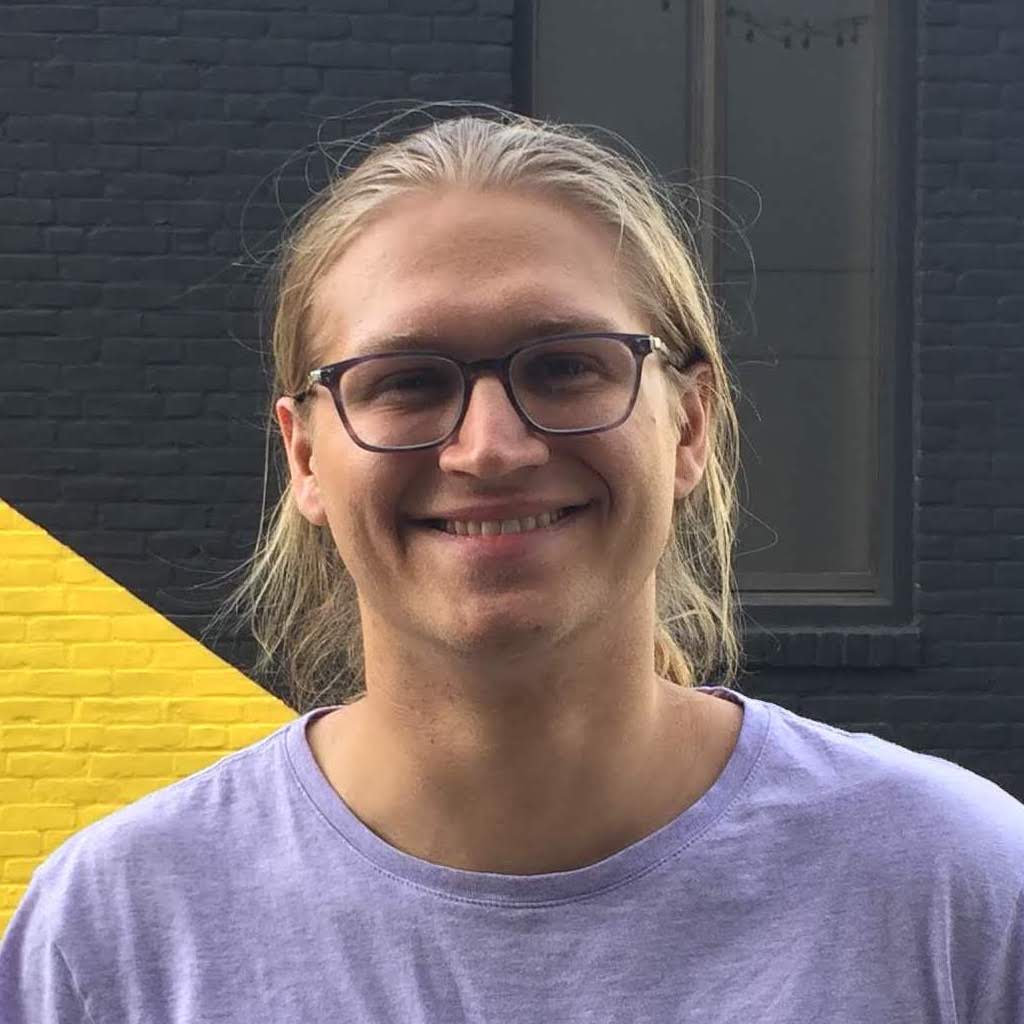
Greg Kehne got his PhD in computer science at Harvard. His research is on topics in online optimization and computational social choice. He is particularly interested in developing algorithmic tools to improve group decision-making at scale. Greg has moved on to a postdoctoral position at UT Austin followed by tenure-track at Wash U.
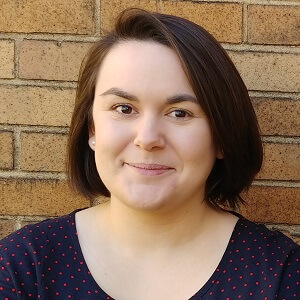
Aidan Kestigian worked as the program manager for MGGG in 2018-19, managing the group’s research, civic, and fundraising initiatives. Prior to working for MGGG, Aidan earned a PhD in Logic, Computation, and Methodology at Carnegie Mellon University. She maintains active research interests in voting theory and social & political philosophy.

Cyrus Kirby is a math and philosophy major at Tufts with a strong background in mathematical data science. He has interests in project management, operations research, epistemology, and mathematics’ expanded use in civil rights.
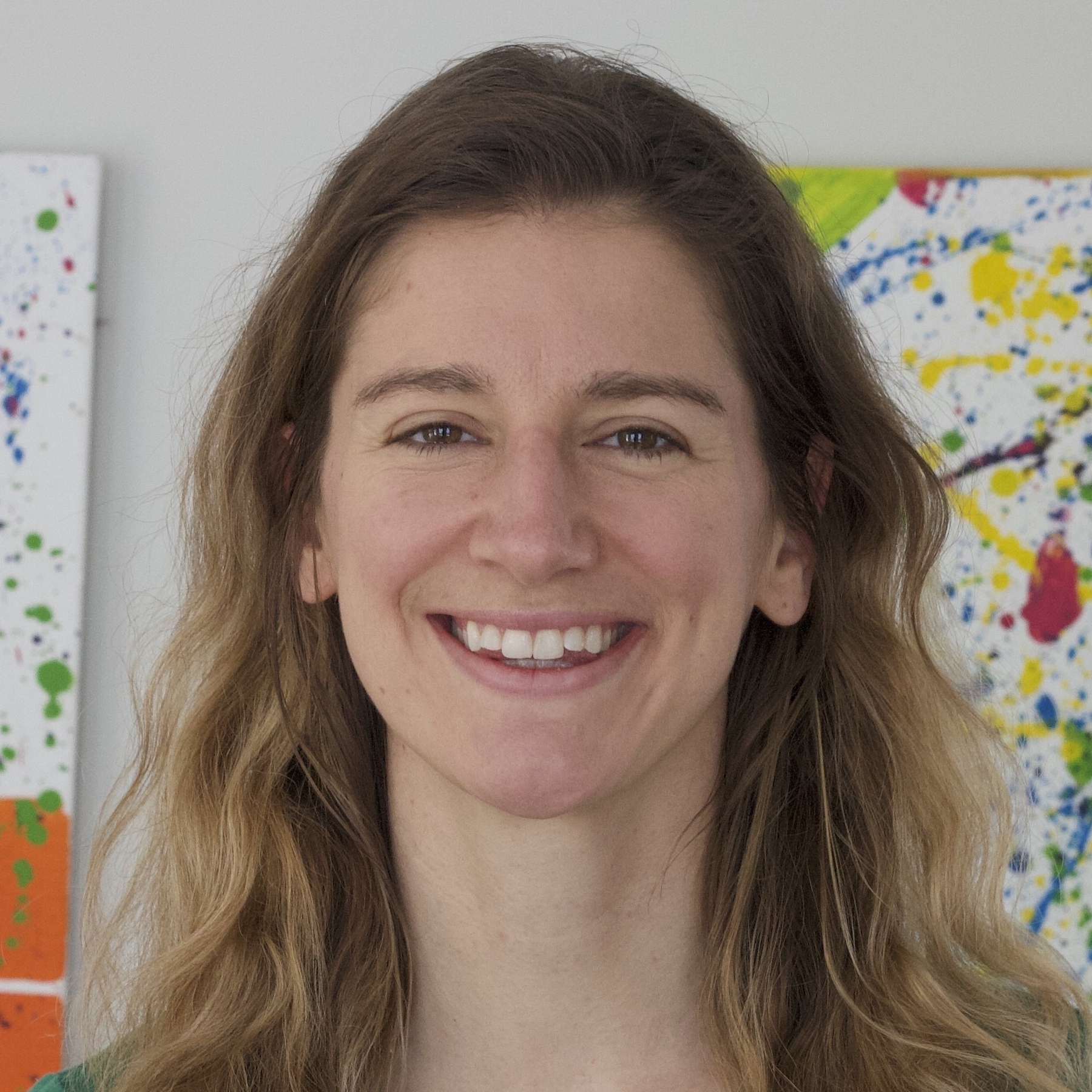
Karin Knudson is an applied mathematician and data scientist who works with the lab on statistical and software development projects. Her PhD is in Mathematics from the University of Texas at Austin, and her interests include Bayesian statistics, machine learning, signal processing, and data science education.
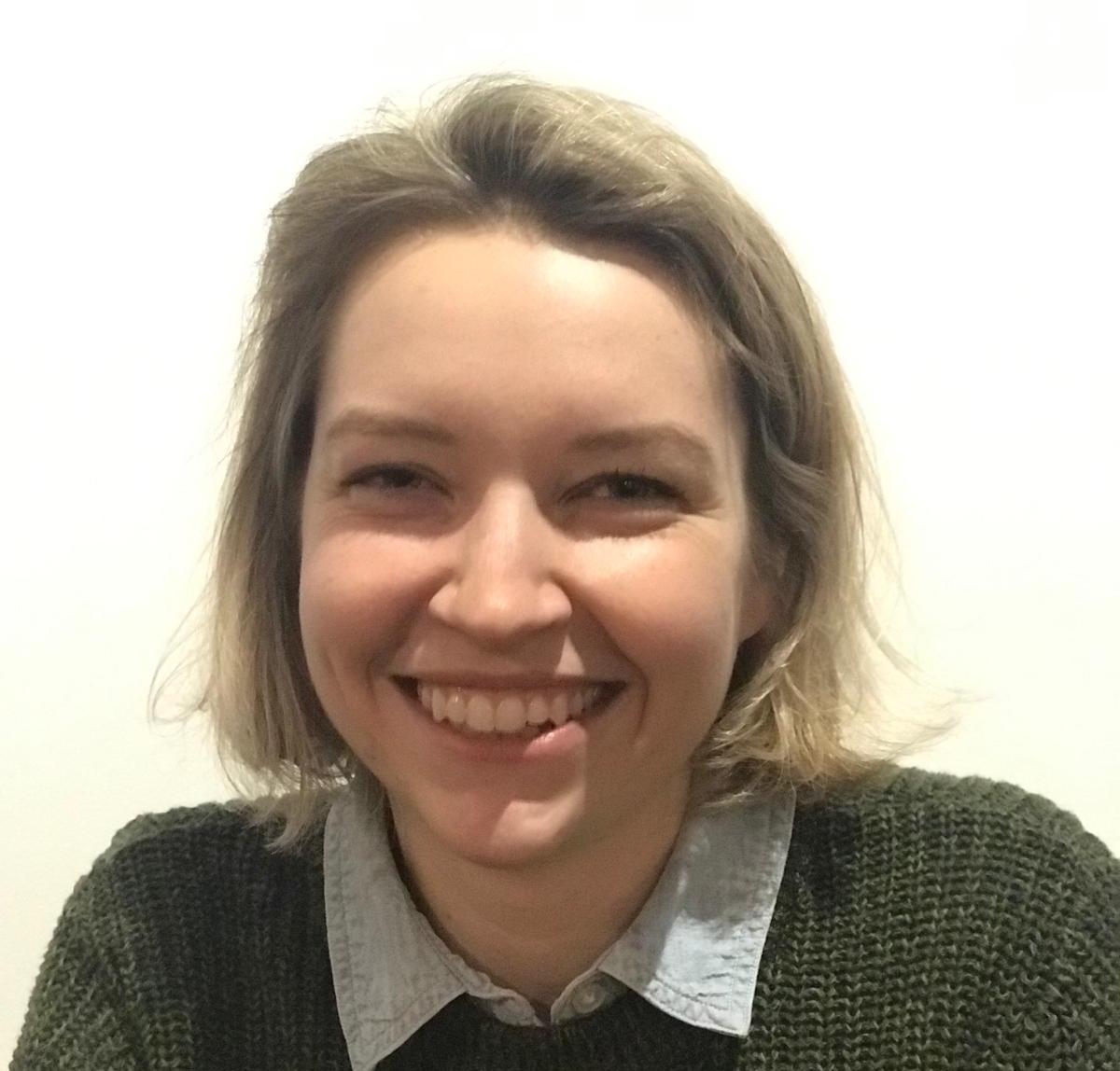
Liz Kopecky spent several years as the lab manager for MGGG, assisting with the group’s research, civic, and fundraising initiatives. Prior to joining MGGG, she worked as an environmental planner in the energy industry; now, she is pursuing a graduate degree in urban and environmental policy and planning.
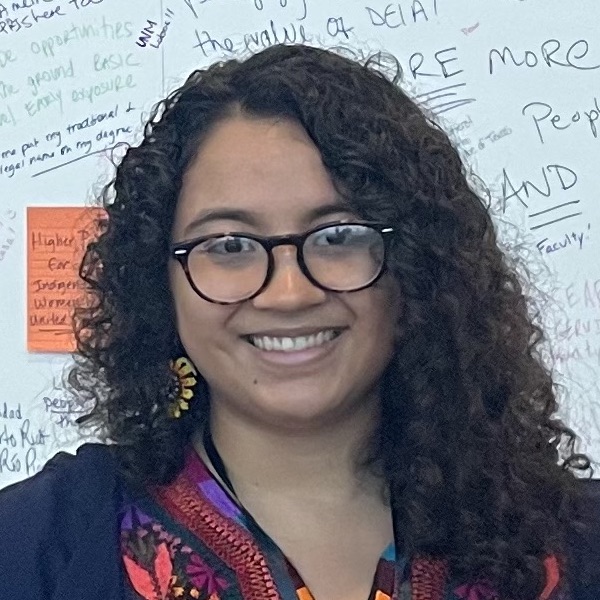
Brenda Macias is studying Applied Math at Tufts. Prior to working at MGGG, she worked with the NSF analyzing data for a project examining the historical participation of Minority Serving Institutions in Earth Science-funded research. After Tufts, she intends to work in educational research.
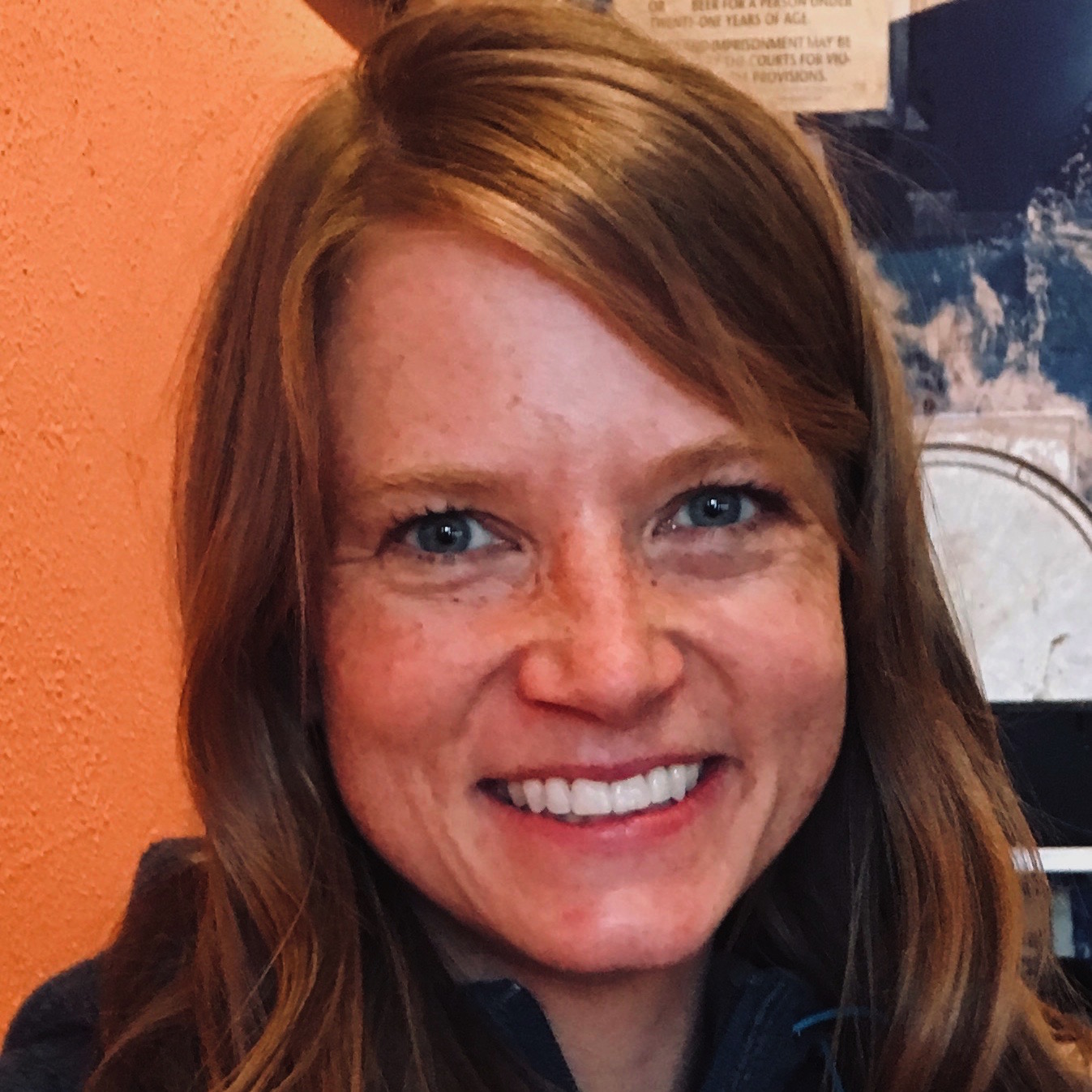
Beth Malmskog is a professor at Colorado College. Her research is in number theory and applied discrete mathematics. Beth works with MGGG on ensemble analysis for Colorado, as well as education and public outreach on mathematics and redistricting.

JN Matthews worked as a computational engineer in the lab on a variety of research and software projects. They’re a 2019 graduate of Tufts University, where they studied computer science and math. They are interested in the intersection of theoretical computer science, mathematics, and civic education and have now begun a PhD at the University of Chicago.
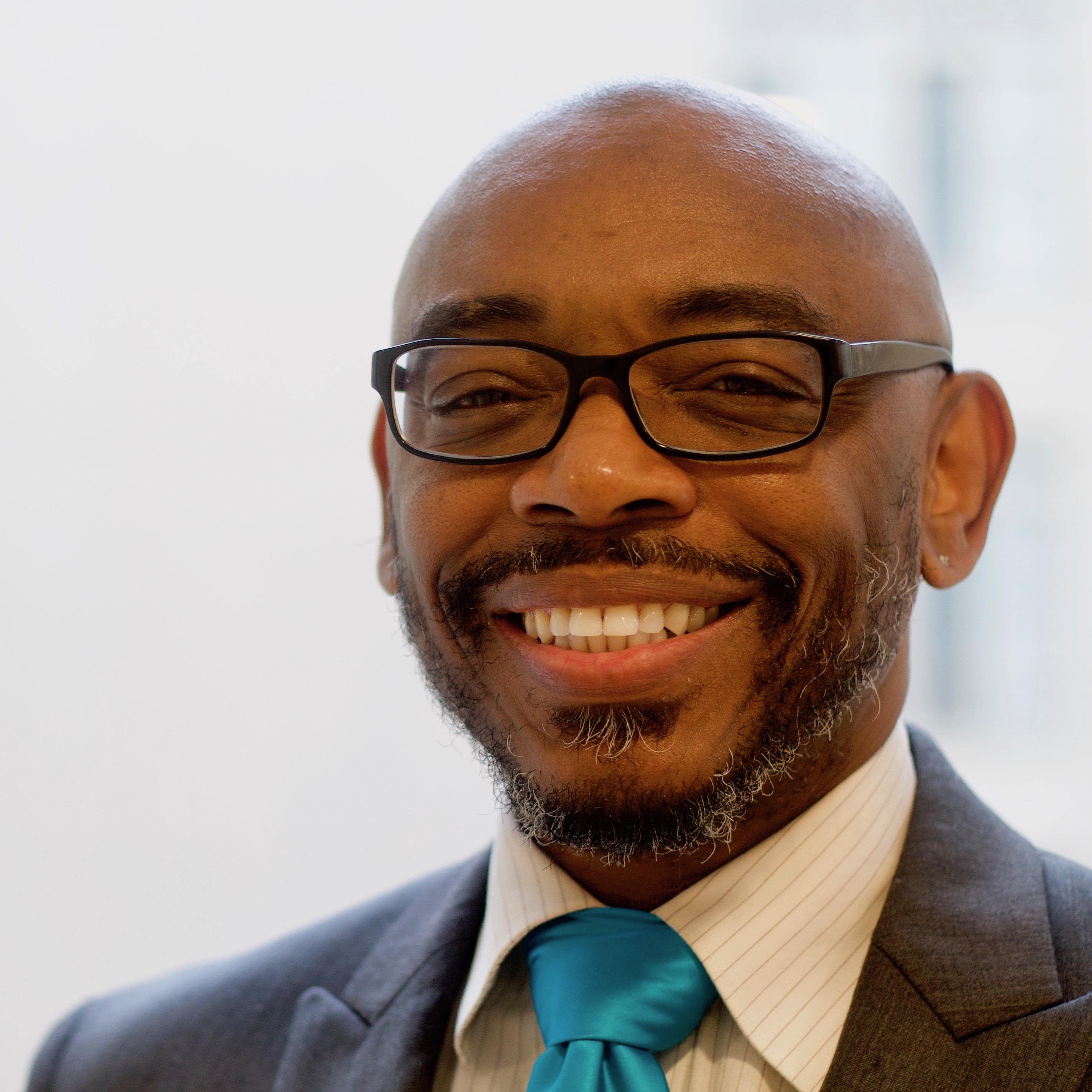
Fred McBride now works at the Southern Poverty Law Center, following his tenure as the Redistricting and Voting Rights Policy Specialist at the Lawyers’ Committee for Civil Rights Under Law in D.C. Fred is a longtime collaborator of MGGG, particularly on outreach efforts such as the Participatory Redistricting Project and our Geodata Bootcamp training.
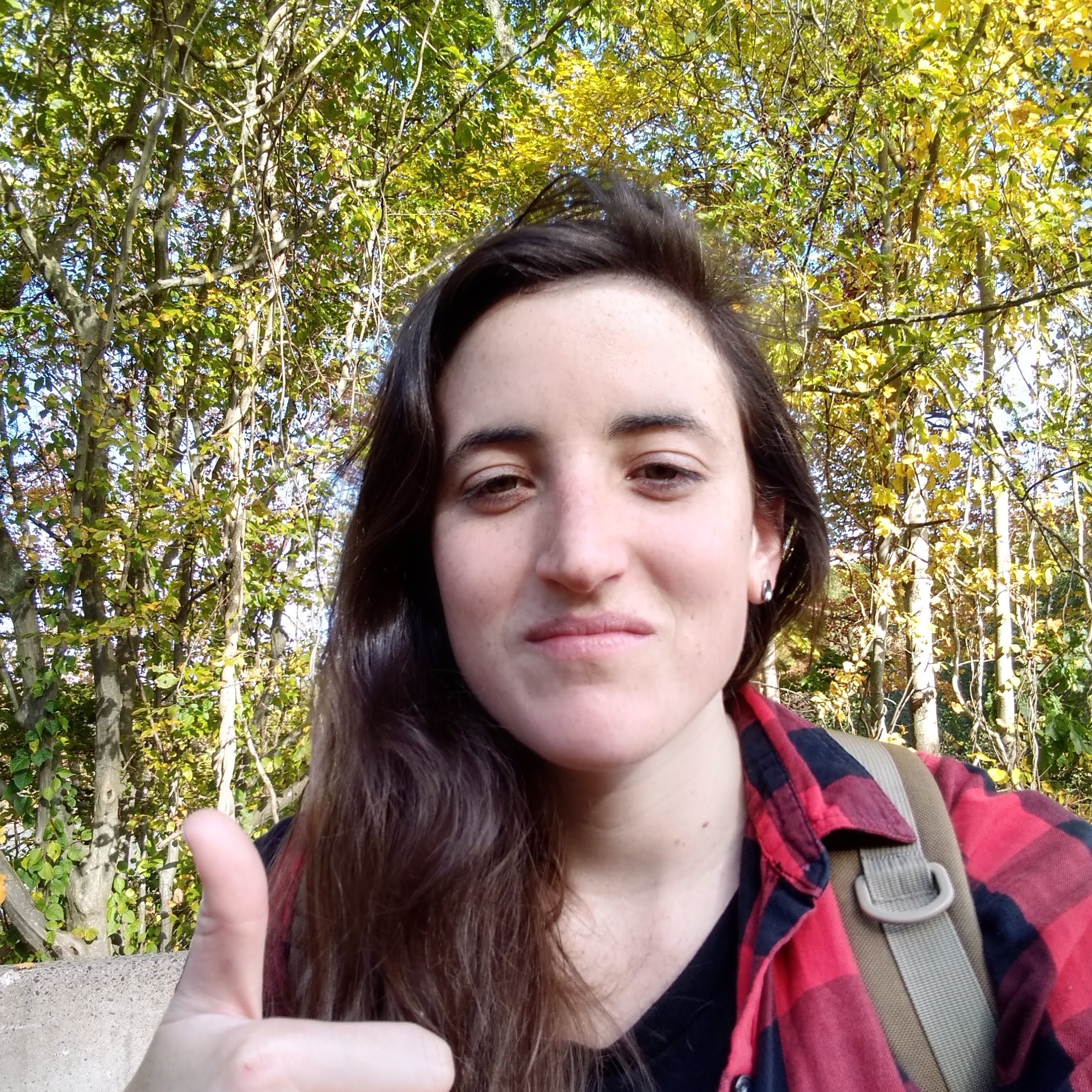
Quinn Molloy is a PhD student in Geography at the University of Connecticut. She primarily studies transportation equity and worked in the public sector before returning to academia. Quinn supports the lab’s GIS projects.
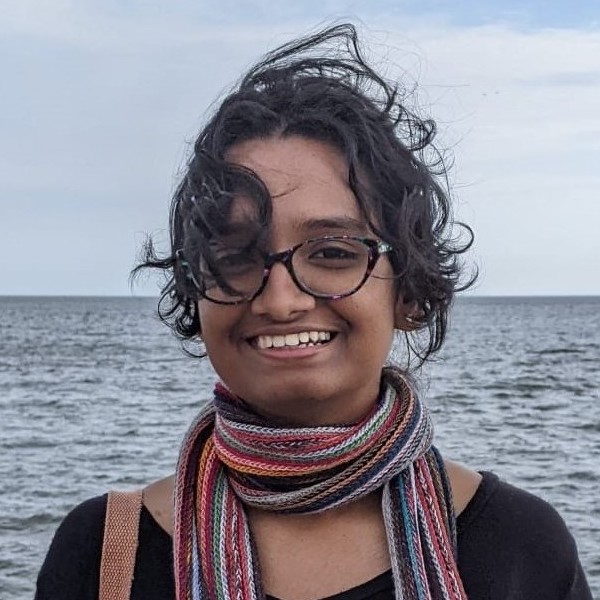
Malavika (Mala) Mukundan received her PhD in mathematics from the University of Michigan and is starting a postdoc at Boston University. Her research interests are in holomorphic dynamics, geometry and topology. She is passionate about workers’ rights, gender equity, and using mathematics as a tool to examine socio-political systems.
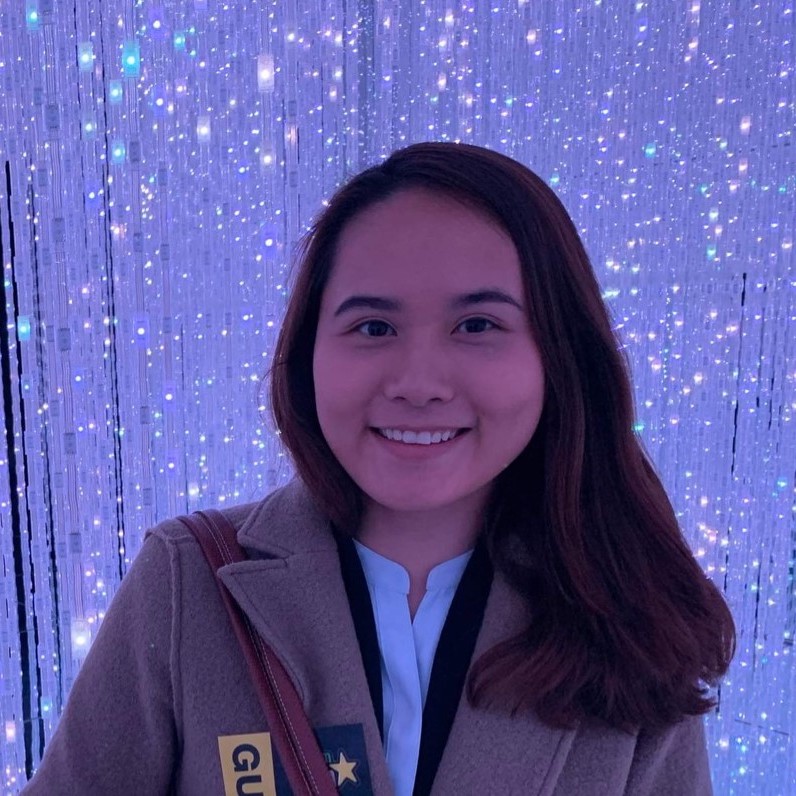
Mai Nguyen is an undergraduate at MIT studying mathematics with computer science. She joined MGGG through Google Summer of Code 2021 to work on software development for the GerryChain package.
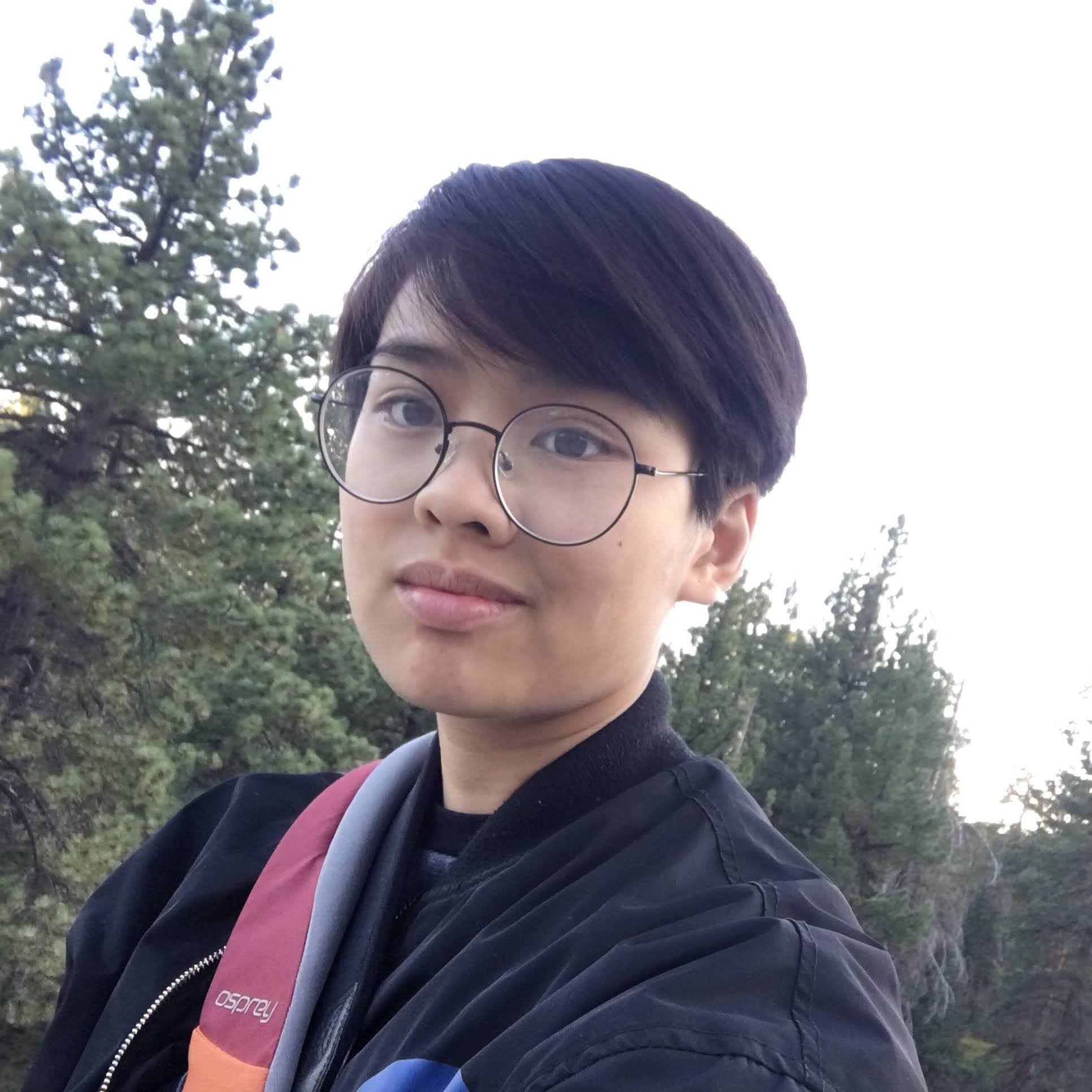
Oliver Nguyen joined MGGG two years after graduating Tufts in 2019. They are involved with community outreach, mapping software, and more. Their research interests include community engagement, sustainable city planning, and bird biodiversity. Oliver is studying for a PhD in biosciences at Stanford.
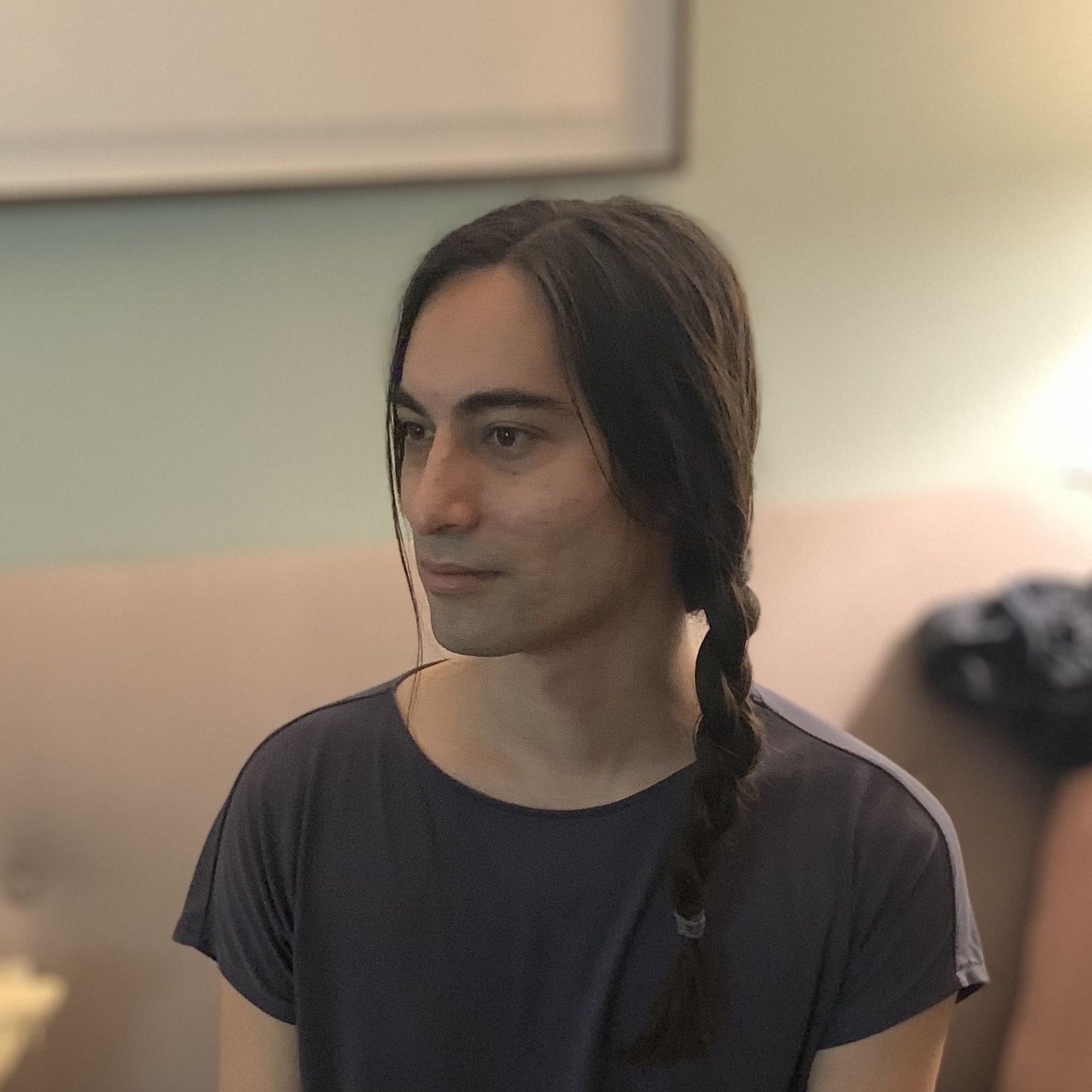
Ari Nieh was a founding member of MGGG, specializing in math pedagogy and communication. She co-led our initial cycle of Educator Training sessions with a focus on gerrymandering and geometry.
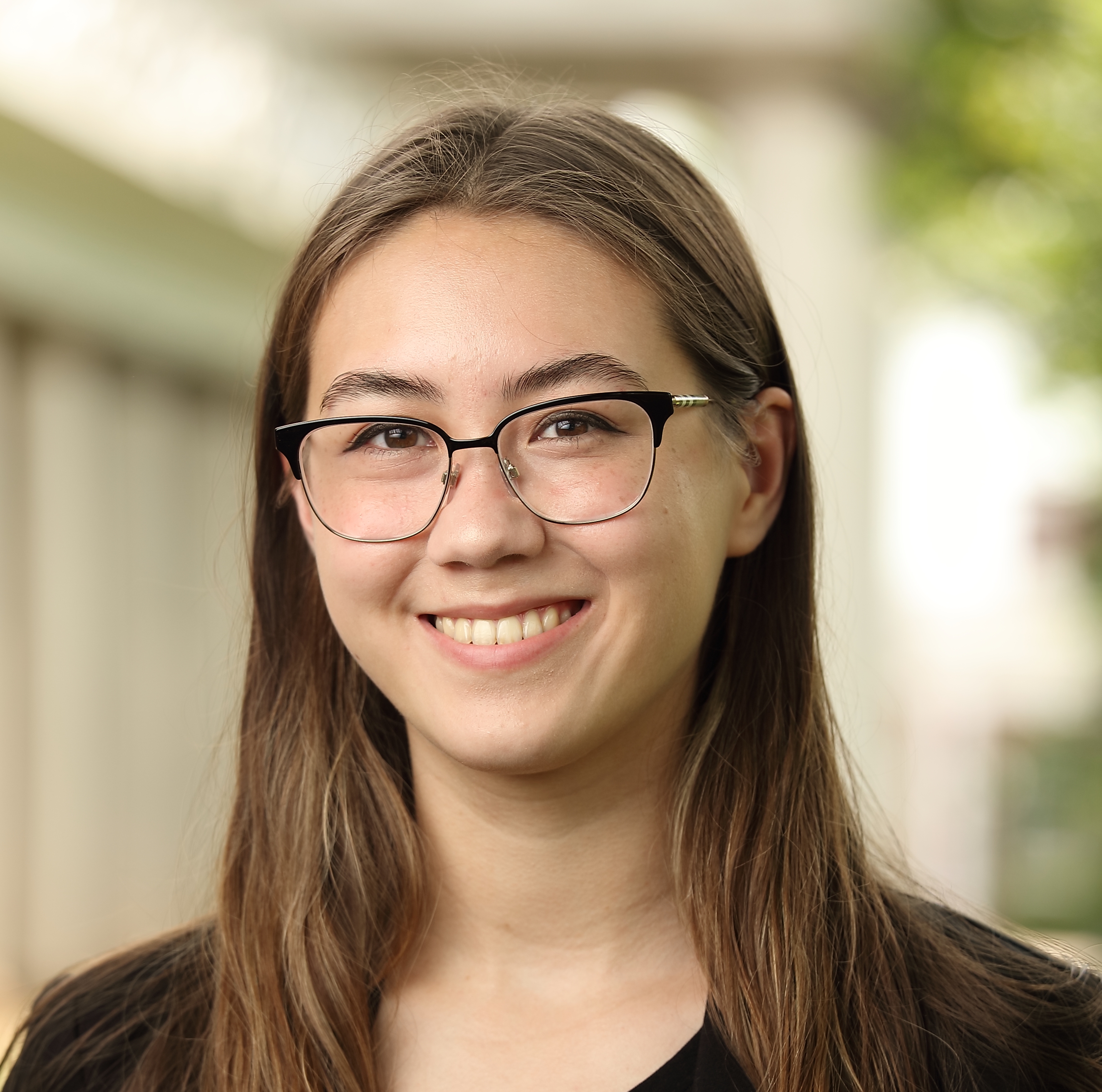
Jordan Phan is studying Statistics with a concentration in Data Science at the University of Virginia, and will complete a Master’s in Public Policy at the Frank Batten School of Leadership and Public Policy at UVA. They are interested in income equity, healthcare reform, and gun violence prevention.
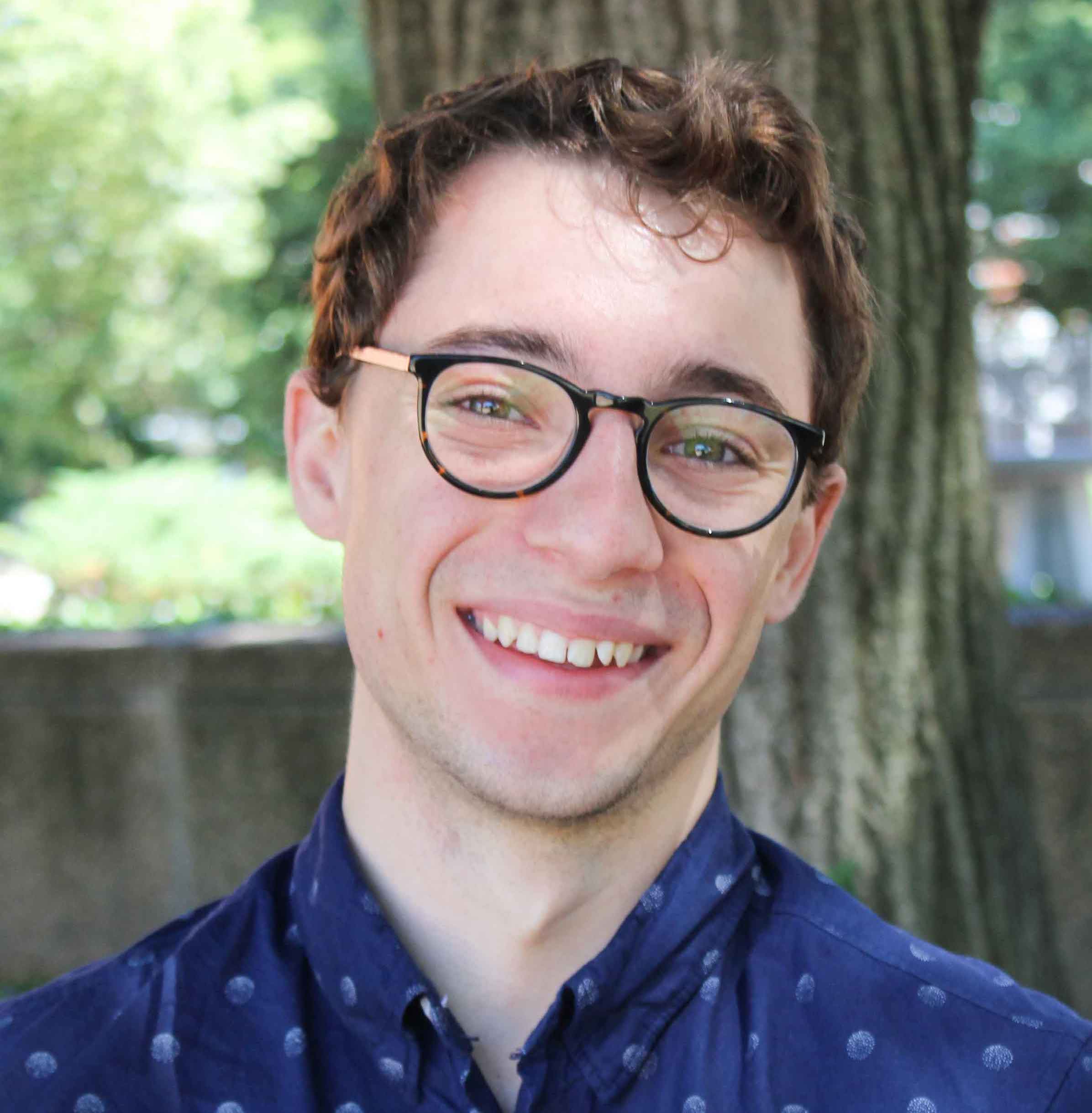
Anthony Pizzimenti worked as a data scientist at MGGG on web, software, and research projects. Anthony completed his undergrad at the University of Iowa where he studied math and computer science, and has now started a math PhD at George Mason University.
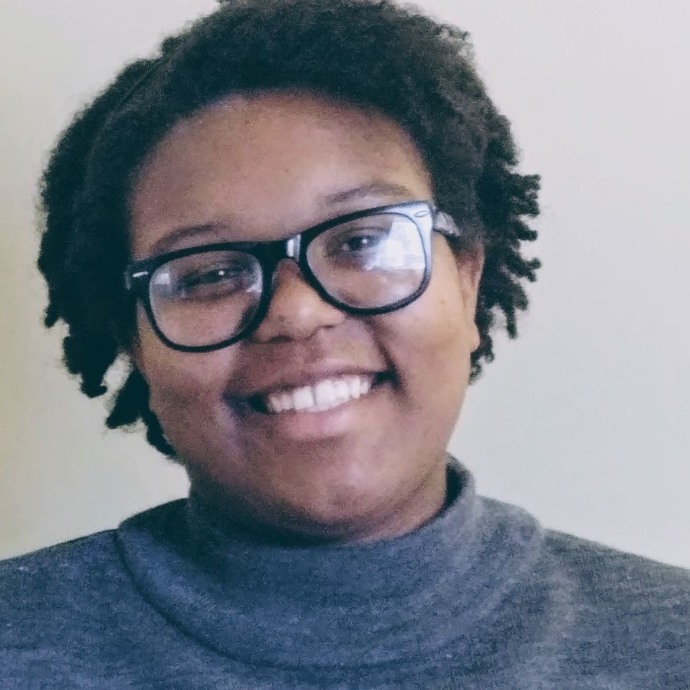
Chanel Richardson is a 2020 graduate of Tufts University, where she studied computer engineering, and subsequently received a masters degree in electrical and computer engineering at Duke University. She is interested in statistical analysis, network science, software development, and tech that has a social impact.
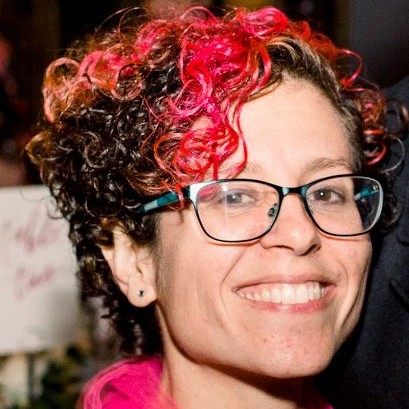
Heather Rosenfeld joined MGGG after completing a PhD in geography at the University of Wisconsin, and now works as a lecturer in geography at Smith College. In addition to mapping, her research interests include citizen science, the place of technology in participatory processes, and social/environmental justice. She has additional projects on critical animal geographies and environmental justice.

Parker Rule graduated from Tufts University with degrees in mathematics, computer science, and STS (Science, Technology, and Society). He is interested in operations research, scientific computing, and computational geometry. He has worked in the lab as a software engineer and researcher, and maintains collaborations on database and high-performance computing projects.
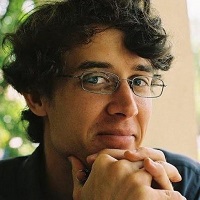
Michael Sarahan is a software developer in Austin, TX who helped MGGG launch our open-source software efforts.
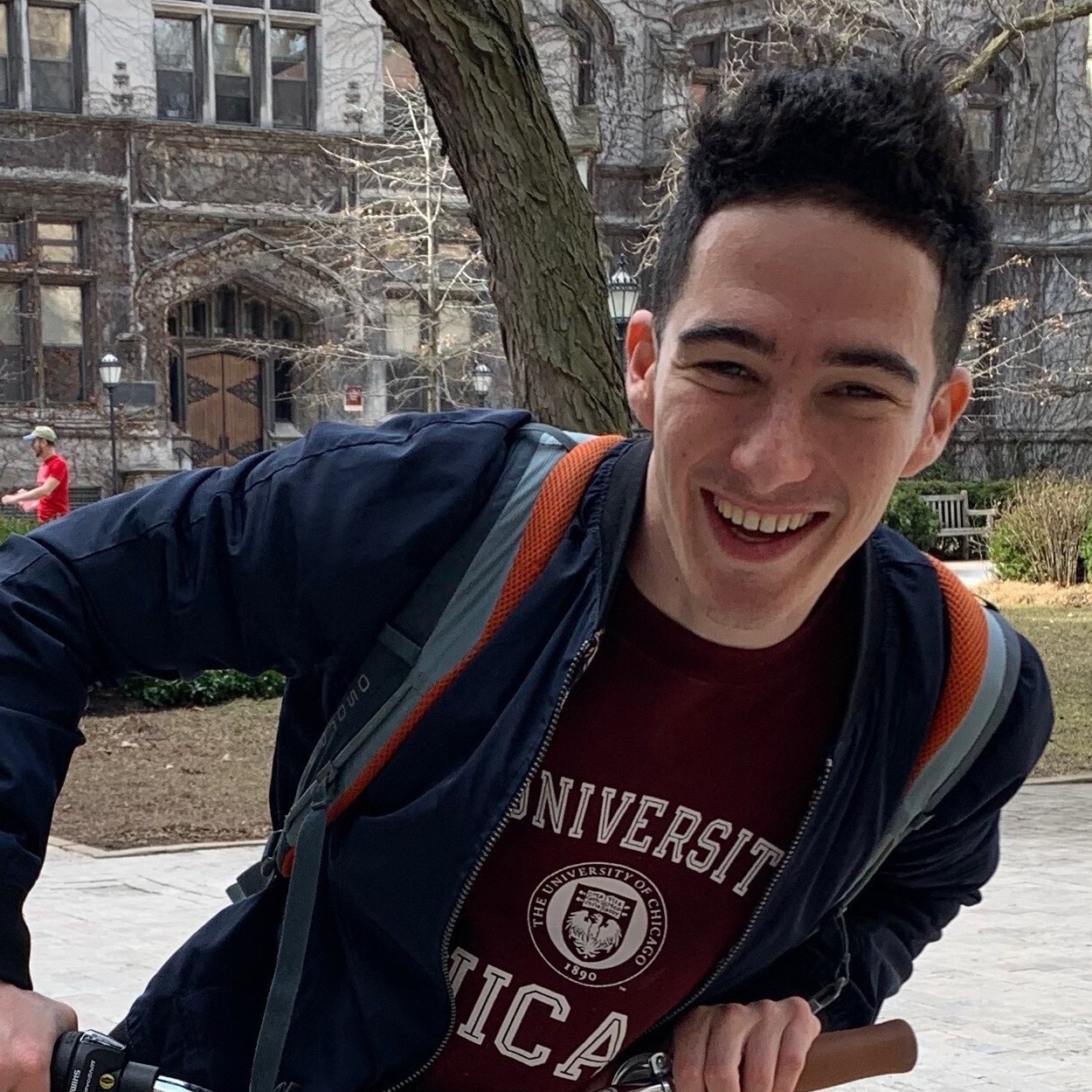
Gabe Schoenbach studied mathematics and computer science at the University of Chicago. At MGGG, he worked on a variety of research and software projects, with a special interest in the applications of graph and network theory to redistricting. He has now returned to Chicago for his computer science PhD.
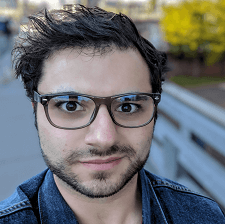
Zachary Schutzman received a CS PhD at UPenn, working with Aaron Roth on topics at the interface of computing and social norms, such as fairness and privacy. He is now a postdoc at MIT. Zach has worked with MGGG on algorithm design and interactives.

Justin Solomon leads the Geometric Data Processing Group in the MIT Computer Science and Artificial Intelligence Laboratory (CSAIL), which studies problems at the intersection of geometry, large-scale optimization, machine learning, and applications. He co-led MGGG from 2017 - 2019.
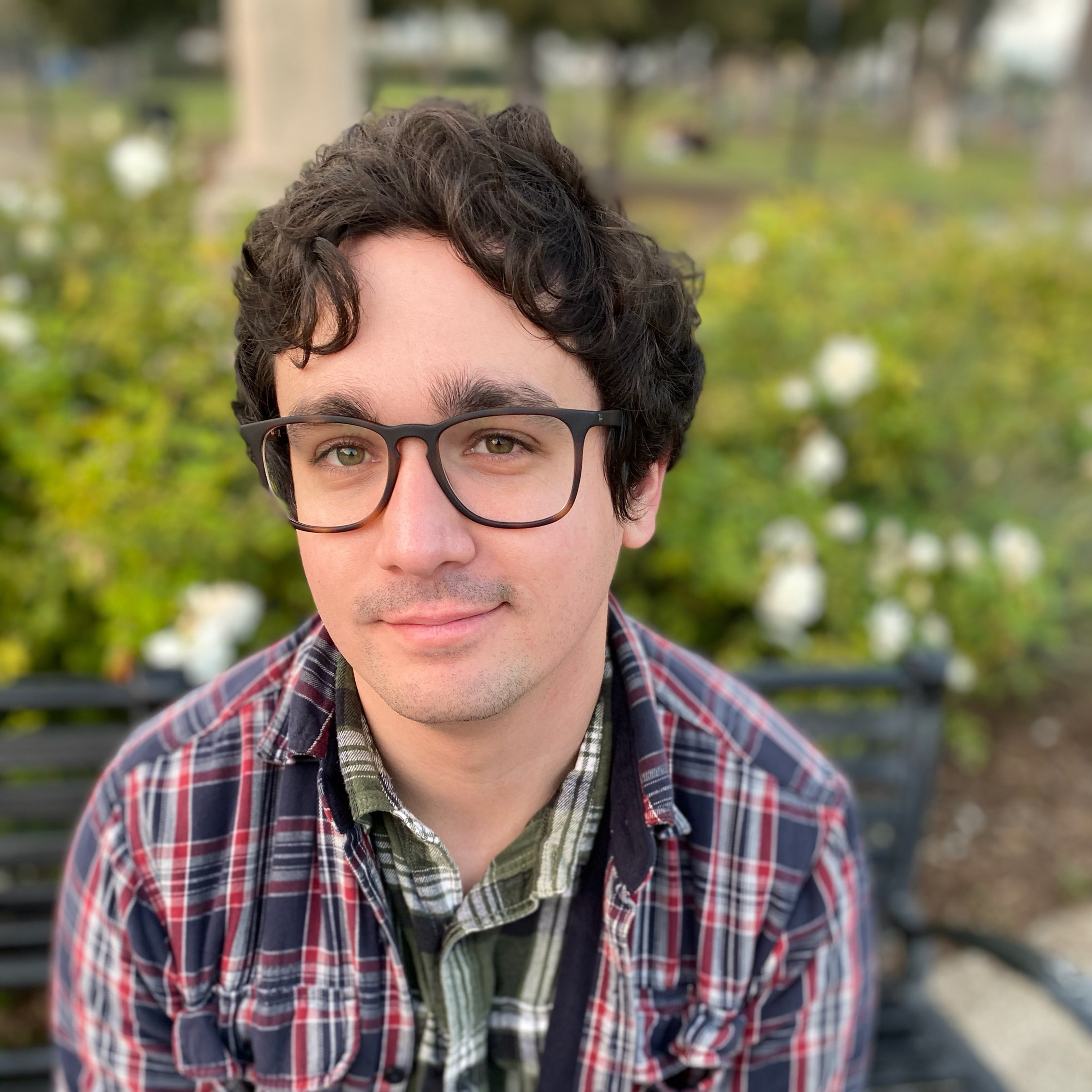
Brad Souders was the program manager for MGGG from 2019-21, managing the group’s research, civic, and fundraising initiatives. Prior to MGGG, Brad served in the US Navy and worked in the public and non-profit sector as a case manager. He maintains active interests voting and civil rights issues.

Ari Stern is a math professor at Washington University in St. Louis. His research explores the relationship between geometry and numerical methods for differential equations.
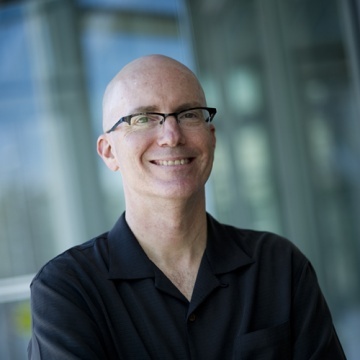
Charles Stewart is a political scientist at MIT who runs MEDSL, the MIT Election Data + Science Lab. His research specialties include American political development, election technology, public service administration, and election reform. Charles has been a major MGGG collaborator in our work on geodata management.
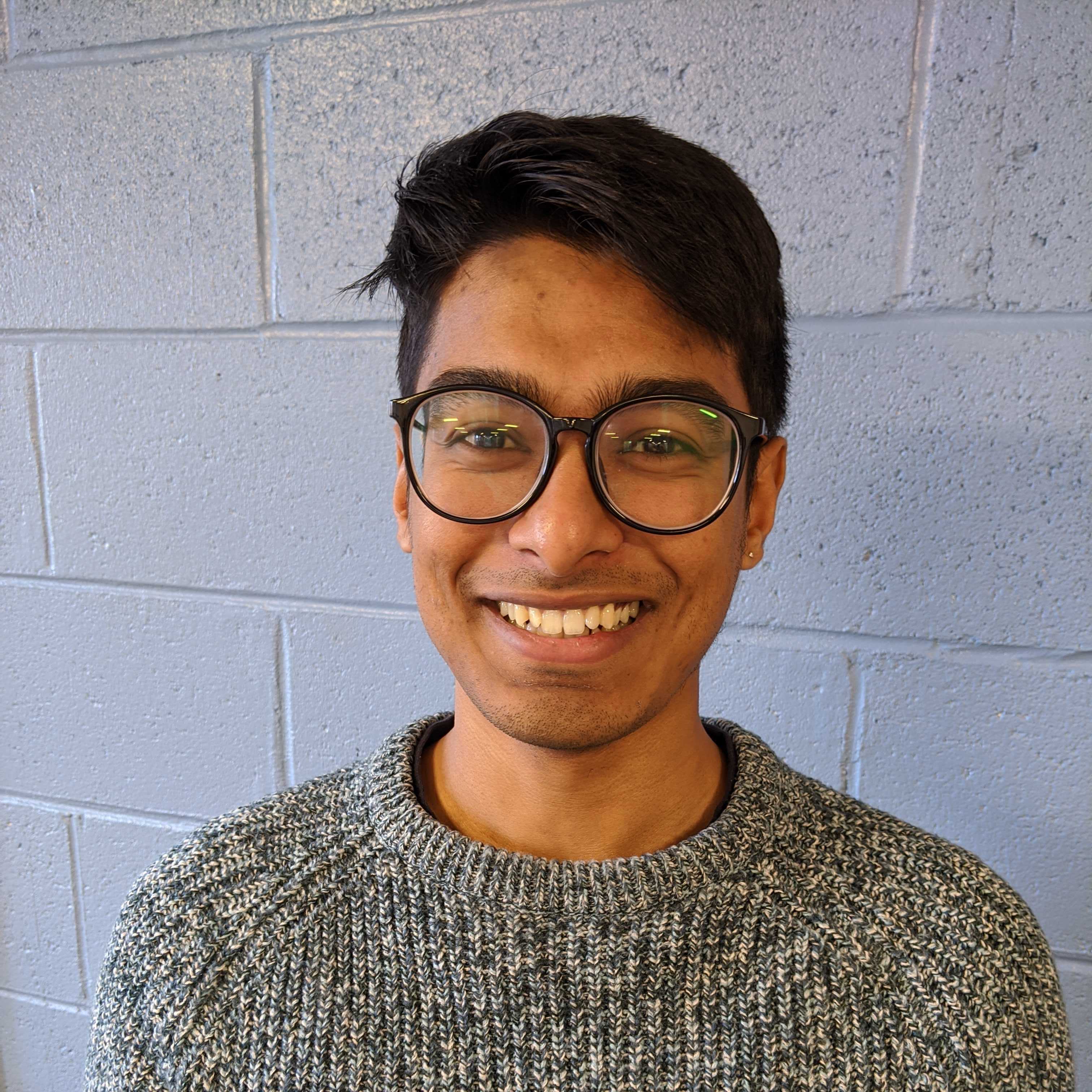
Bhushan Suwal was a research associate at MGGG from 2019-21, where he worked on various research and software projects. He is interested in statistics and computational social science. He is a recent graduate of Tufts University, where he majored in computer science. He is currently studying for a PhD in computer science at Boston University.
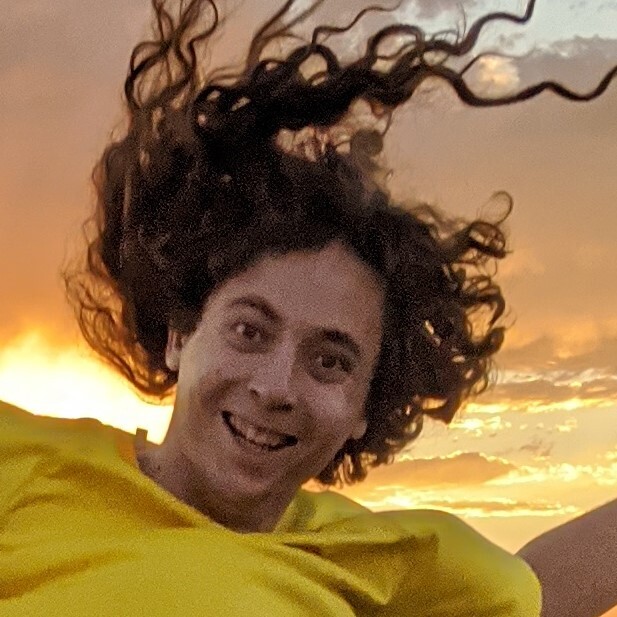
Jamie Tucker-Foltz is a computer science PhD student at Harvard. His research focus is applying techniques from theoretical computer science to improve institutions of democracy. He is especially interested in fair redistricting, fair resource allocation, and computational social choice.
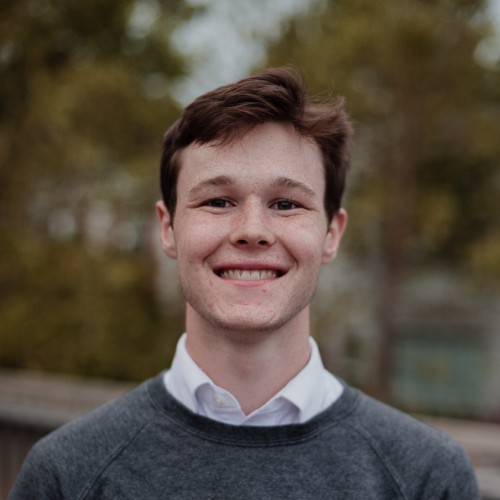
Robbie Veglahn is a rising senior at Tufts University, where he co-majors in Computer Science and Science, Technology, and Society and is passionate about using tech for social change. As a 2021 Tisch Summer Fellow at MGGG, he worked on research, software, and outreach, and is especially excited to have a hand in the redistricting process working with state redistricting commissions.
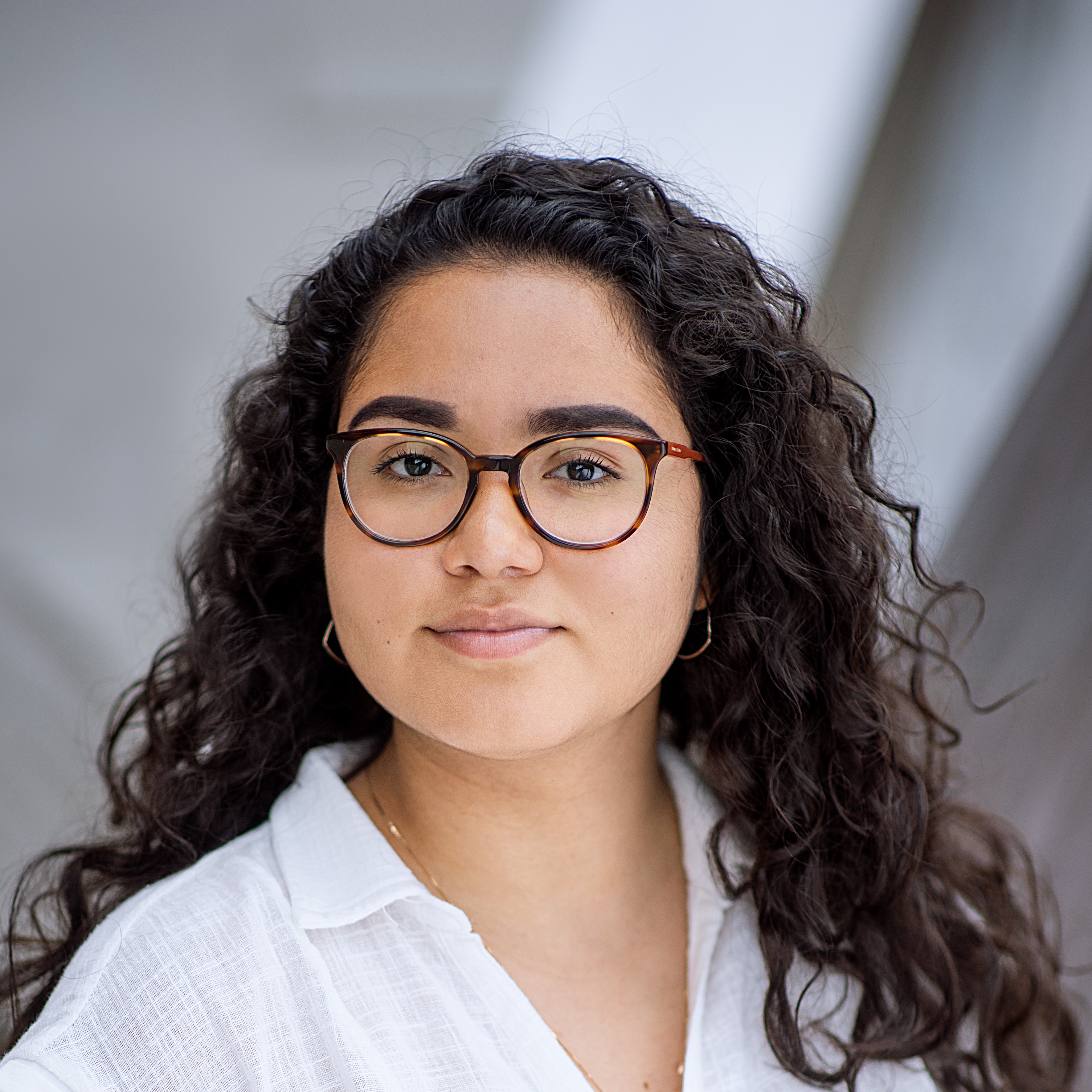
Valeria Velasquez is a student at Tufts University studying Computer Science and History. She was a 2021 Tisch Summer Fellow at the lab. She maintains interests in sociopolitical issues that impact marginalized communities.
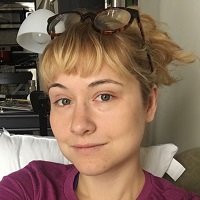
Olivia Walch is a postdoc at UMichigan with research interests in mobile app development and the math of sleep, image processing, and redistricting. She’s also a cartoonist whose art appeared in MGGG’s edited volume, Political Geometry.

Jennifer Wang is an undergrad at Brown University studying CS and International & Public Affairs. She’s interested in algorithmic fairness, human-centered computing, and tech policy. Currently, she is a data fellow at the Census Bureau working on database management and linkage infrastructure in the population division.
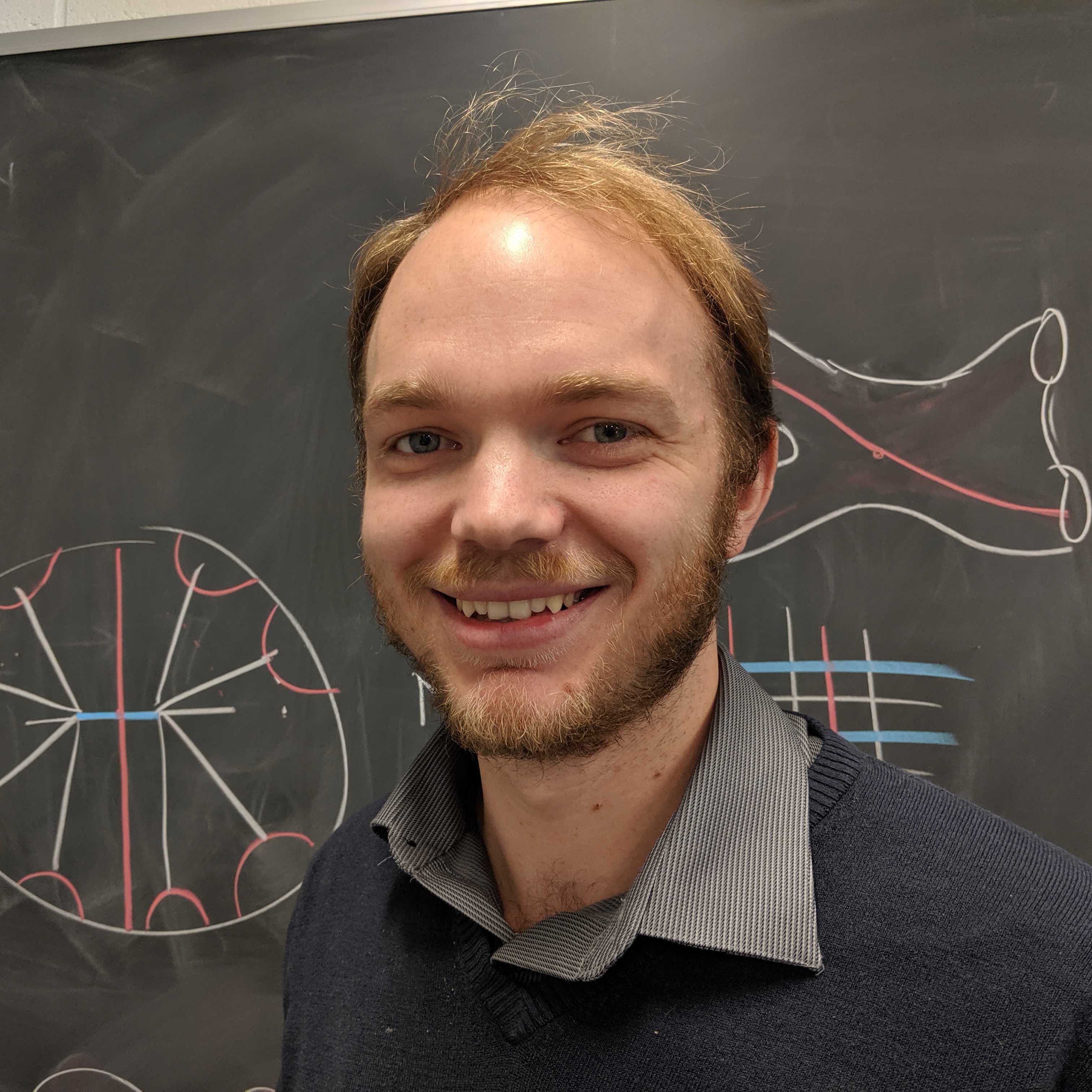
Thomas Weighill was a postdoc in the group from 2019-21. His research interests include geometry, group theory and applications of topology and geometry to data science. Before joining MGGG, Thomas completed his PhD in mathematics at the University of Tennessee under the supervision of Jerzy Dydak. He has several active projects in computational topology and geospatial networks. He is an assistant professor in the Department of Mathematics and Statistics at UNC Greensboro.

Oliver York worked with MGGG as a Radcliffe Research Partner, researching the evolving legislative and legal attempts to rein in gerrymandering. He is an active advocate for youth civic education and voter turnout.